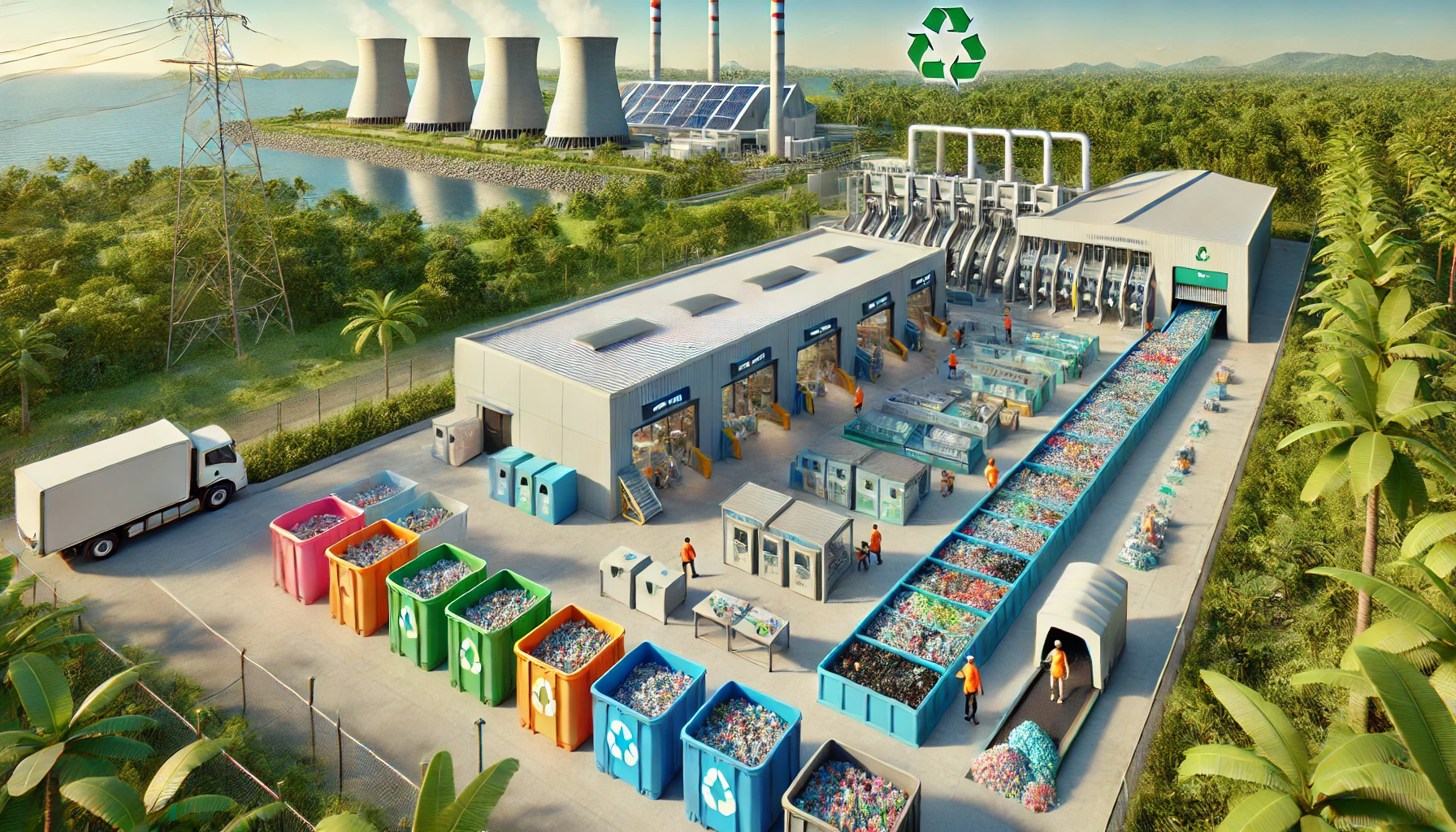The World Bank’s Board of Directors has approved a $250 million financing package to support Morocco’s Municipal Solid Waste Management Support Program. This initiative aims to improve the financial and environmental performance of the country’s waste management sector, with a strong focus on sustainability and urban livability.
With more than 60% of its population residing in urban areas, Morocco’s cities are vital drivers of economic growth. Under its New Development Model, Morocco prioritizes enhancing the quality of urban life, making municipal solid waste management a critical component of this strategy.
Over the past two decades, Morocco has made significant strides in waste management. Urban waste collection rates have improved dramatically, rising from 40% in 2008 to 96% in 2022, largely due to national efforts supported by the World Bank. However, key challenges persist, including environmental degradation, insufficient waste valorization, and financial sustainability.
New Program to Address Persistent Challenges
The newly launched Programme National de Valorisation des Déchets Ménagers (PNVDM) seeks to reduce reliance on landfilling and improve waste recovery practices. The World Bank-supported initiative aligns with PNVDM goals and will focus on:
Upgrading controlled landfills to meet higher environmental standards.
Rehabilitating and closing abandoned uncontrolled landfills to mitigate environmental risks.
Expanding waste valorization initiatives, such as recycling and energy recovery, using financially viable models.
Exploring new revenue streams to fund waste management operations sustainably.
Monitoring and reducing greenhouse gas (GHG) emissions, ensuring alignment with Morocco’s commitments under the Paris Agreement.
The program will also invest in policy reforms to strengthen governance and improve sector performance.
Supporting Morocco’s Climate and Urban Goals
“Helping to promote more livable and attractive cities is a priority for the World Bank in Morocco,” said Moustapha Ndiaye, Country Director for the Maghreb and Malta. “This new operation builds on decades of collaboration in the waste management sector and supports Morocco’s dual goals of enhancing urban service delivery and addressing climate change through mitigation and adaptation efforts.”
The program complements Morocco’s broader ambitions to align urban infrastructure improvements with global climate objectives. The Global Facility for Disaster Risk Reduction and Recovery (GFDRR) and the Public-Private Infrastructure Advisory Facility (PPIAF) are providing technical assistance and funding to bolster the initiative.
Leveraging Public-Private Collaboration for Sustainability
To enhance sustainability, the program emphasizes public-private partnerships (PPPs) and innovative business models for waste valorization. This includes using private investment to finance recycling facilities and energy-from-waste projects, ensuring a circular economy approach. The initiative also integrates capacity-building efforts for local governments to better manage waste operations and improve community awareness about sustainable practices.
Building on Morocco’s Success Story
Morocco’s progress in municipal waste management is a regional model for other nations. With nearly universal urban waste collection already achieved, the new program focuses on creating a more sustainable and climate-resilient sector. By addressing financial gaps and environmental challenges, the initiative aims to pave the way for Morocco to become a leader in sustainable urban development in the Middle East and North Africa region.
Broader Impacts
The World Bank expects the program to significantly enhance urban livability by improving waste management infrastructure, reducing pollution, and contributing to Morocco’s broader climate adaptation goals. These improvements will directly benefit millions of urban residents while strengthening Morocco’s position as a global advocate for sustainable urban transformation.











